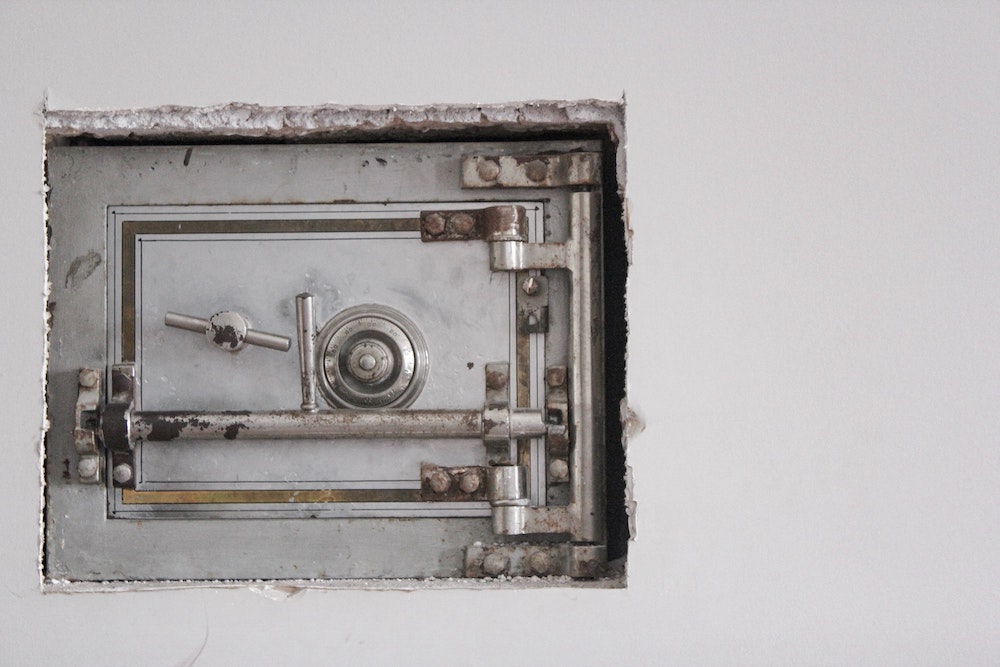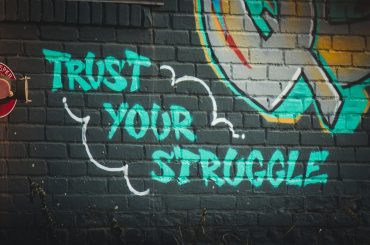My name is Susan and I am an alcoholic. I have been sober since November 7, 1982. In my second year of sobriety, I got stuck and went to see a therapist. That helped me with my underlying issues like the wounds of childhood trauma, not to mention my anxiety and depression.
Eventually, I left therapy. At the end of my last visit with my therapist, she turned to me and said, “Susan, you have a great capacity to change.” Then she gave me a hug and sent me on my way. At the time I thought: Is this it? Is this all she has to say at the end of a five-year relationship? Of course, later I came to realize that her comment was the highest compliment she could have paid me. After all, the ability to change is something that many people only dream about. It is a commodity often in short supply, and without it life can be anything from boring to tragic.
Soon after this, I began reflecting on the origins of my ability to change. I had not always had this ability. (Perhaps this is why my therapist felt it was important to acknowledge it.) Actually, for most of my life I had been a slave to habit to the point of being addicted to relationships, food, and alcohol. Some people thought I was hopeless. Then, one day, something shifted inside of me and I entered the world of the living. I began to change. I began to carve out a better life for myself.
How did I go from resisting change to embracing it? In a nutshell, I finally realized that I had to change or continue being miserable for the rest of my life. Once I decided I wanted to be happy instead of miserable (a big step for me), I looked at what was standing in my way and what I had to do about it. I looked at the rewards of changing and I faced my fears. I prayed and I acted. Before I knew it, changing became a new habit to replace the old habit of resisting change. I have been on a roll ever since and writing this blog is just another way for me to expedite more changes. For now, you see, I am intimate with the process of changing. It is my most cherished companion on this journey we call life.
If you listen closely when you unlock a safe, there comes a moment when you hear a click, and the tumblers finally fall into place. You can’t really see what’s happening. But your fingers move, and it all comes together. The beginning of change is like this.
You do something different and finally something clicks. It is all very mysterious. You don’t really understand it, but when it happens you know, you immediately open the safe and take out your valuables. In this case, the valuables locked up in the safe are all the wonderful things you will become when you change. And the key to all this is taking action. You don’t just sit there and stare at the safe. You do something.
The Process of Changing
Changing includes both outer modifications of behavior and an inner shift in values and thinking patterns. The changes you make will be based on insights you’ve gained. When you are ready to change, you should do the easier things first to build up your confidence and then other changes will follow. Success builds upon success. Sometimes inner changes come from outer changes, and sometimes outer changes are a by-product of inner changes.
Here are some suggestions and techniques to help you make changes.
- Recognize when you do something you don’t want to do. Dwell on this for as long as you need to. Continued awareness is the beginning of change.
- Break down the changes you want to make into manageable pieces. You can make a list if you want.
- Identify and make a list of alternative behaviors.
- Substitute a good habit for a bad one.
- Give yourself encouragement. Use affirmations.
- Seek advice and help from others.
- Join a support group.
- Make a commitment to a friend or support group; verbalization can really help. Avoid companions who don’t support you.
- Find role models who exhibit the changes you want to make and observe them for as long as you need to.
- Remember: Action leads to motivation leads to more action.
- Avoid negative attitudes that inhibit change. The glass is half full not half empty.
- Visualize the results; become goal oriented.
Don’t forget that changing is a process; it takes time. Be patient. It will get easier as your self-esteem gets better.
If you are a spiritual or religious person and believe in grace, divine intervention, or the power of prayer, then by all means pray for the energy and willingness to take action.
In conclusion, I want to encourage other men and women to follow me down a new path of change. Don’t give up, even if change is slow in coming. If you continue to incorporate these techniques into your life, they will help you change. I am happier than I have ever been because I realized that wanting a better life means hard work and change. Remember this the next time you get depressed about your sobriety and wonder what to do.







3 Comments
Thank you Susan for your insights. A great friend of AA in Australia, the late Dr Jim McCaine said to me ‘The potential of a human being is unlimited’ and that had a similar effect on me as your therapist’s comment. I’ve been sober since 1984 and the changes that have happened are remarkable. All did was be willing to allow Nature, or God or whatever, to bring about change at depth — and just get out of my own way. Life is now wonderfully good.
The changes I have made in my life bring me back to everyone in recovery are a bit and part of me. One of the things I was told go back to my first sponsor when he told me (in time you will be able to tell someone to go to hell with the right choice of words and tone of voice) It took a long time to do this! I see good in things easier now! My life is by far perfect but it is a lot better than before. I balk at times yet but at least I know when I’m doing it. I still have people when they learn that I’m recovering to try and convince me that they have no problem with booze or drugs. The plus side to this is that others look more at themselves and change their lives for the better. I come up with this (to thine own self be true). Are these people drunks like me? I know that is their choice to make not mine. I have been off work since March of this year but I have been busy with painting and fixing my home. My past wasn’t good and before I was 18 was in a real bad accident that crushed vertebrae in my back and had numerous surgeries to fix it and was on SSDI from it. I went back on it recently. I could go back to work again but my age now at 59 how long could I work? I’ve been clean and sober since 10-23-1994 maybe I’ll put more into others that struggle like I did. I could help others. I’m still a gear head or mechanic and this does help to keep me out of myself but it isn’t everything I think that I will get back to service. Thanks JFB
Thank you Susan, this reading gave me so much inspiration and hope.